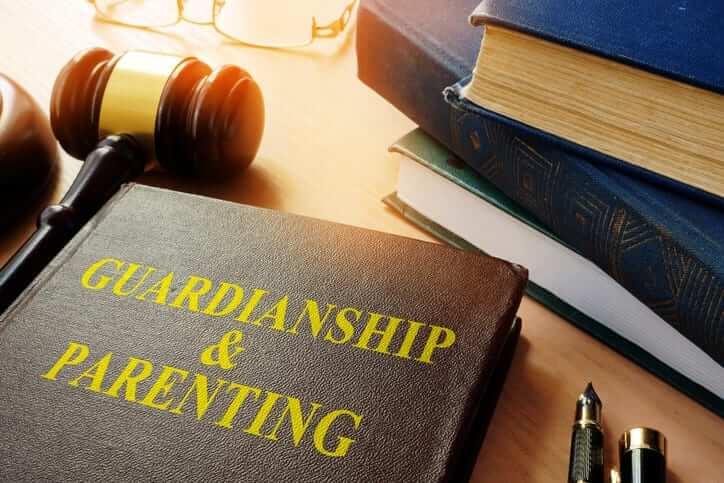If you’re reading this, you might be in the position of becoming a guardian in the state of Florida. Becoming a guardian can be a daunting process for some, as it is a very important position with many responsibilities. However, if you become more aware of the guidelines and you understand the roles and rights of guardians, you can start feeling more comfortable with your new title. That’s why we composed this list of things you should know about Florida guardianships. You’ll learn more about what a guardian is, how these roles are legally obtained, and how to terminate a guardianship if necessary.
What Is a Guardian and Why Are They Necessary?
Florida guardianships are an important part of the family law and child services departments in the state. Basically, a guardian is an adult who is legally assigned to make decisions for a minor or an adult who is not capable of making decisions on their own, commonly due to an illness. There are a variety of reasons why someone would need a legal guardian. In the case of becoming a guardian for a child, it’s likely that the parents have passed or they have no other family members to care for them. Florida guardianships are also used in cases of adults who are incapacitated, addicted to drugs or alcohol, or suffer from some other illness that deems them incapable of making sound choices.
How are Guardians Selected?
Of course, it’s always better if a guardian is a spouse, a close relative, or a friend close to the family. With legal documentation, the child or adult in need (often referred to as the ‘ward’) can also designate a guardian for themselves. If none of these options are possible, the court will choose a guardian for the ward. When considering a guardian for a ward, Florida courts take many factors into consideration. This includes the guardian’s experience caring for others, their education, finances, medical history, mental stability, suitability of their home, and other characteristics. While all of these factors are considered for Florida guardianships, having a lower income or a limited education will not disqualify any individual from becoming a guardian.
What Exactly Does a Guardian Do?
As stated above, a guardian is someone who is designated to make decisions for the ward (a minor child or an incapacitated adult). But what kinds of decisions are these? How significant are these decisions for Florida guardianships? The decisions made by guardians are normally decisions that hold a lot of weight in the ward’s life. For instance, a guardian will often make decisions regarding their medical care, education, and finances. In addition, a guardian will assist in their everyday purchases of basic necessities like food, clothing, and other personal care items.
What are the Two Types of Guardianships?
Florida Guardianships are broken down into two separate categories: testamentary guardianships and temporary guardianships. A testamentary guardianship is when parents assign a person as a guardian in the case that one or both parents pass away. These are the types of guardianships that you normally see stated in wills. Parents will often name a relative or family friend as a guardian to watch over their children in the event of a devastating illness or accident. A temporary guardianship is one that is legally provided for a limited amount of time. Normally, there’s a reason why someone needs a temporary guardian. For instance, an adult with a disability who is undergoing surgery might assign a temporary guardian to make medical decisions. Once the surgery is complete and the ward has recovered and is of sound mind, the guardianship is terminated.
How Do You Terminate Florida Guardianships?
There are a number of different scenarios that might result in a guardianship being terminated. One was briefly mentioned in the example above. If a ward has recovered from an illness or surgery and is now of sound mind to make decisions on their own, the guardian can terminate their role. A guardianship may also be terminated if there’s a change in the ward’s legal residence. In these cases, it’s important to make sure that the ward’s case file is moved to the new location. Of course, a guardianship can also be terminated upon the passing of the ward. In any case of termination of a Florida guardianship, proper legal proceedings need to take place. Guardians can’t simply quit or stop being guardians on their own. The state has specific legal procedures to follow.
For More Information on Florida Guardianships
If you need more information on becoming a legal guardian in the state of Florida, it’s important to speak with a Boca Raton Guardianship attorney. In addition, if you are currently a legal guardian and you wish the terminate the relationship, you will also need the assistance of an attorney. You can face a long list of legal troubles if these types of relationships aren’t created or terminated properly. While we don’t handle guardianship cases at Lewert Law, we do feel that it is important to put this information out there for anyone considering a Florida guardianship. For any other family law matters, contact Lewert Law today for a consultation!

